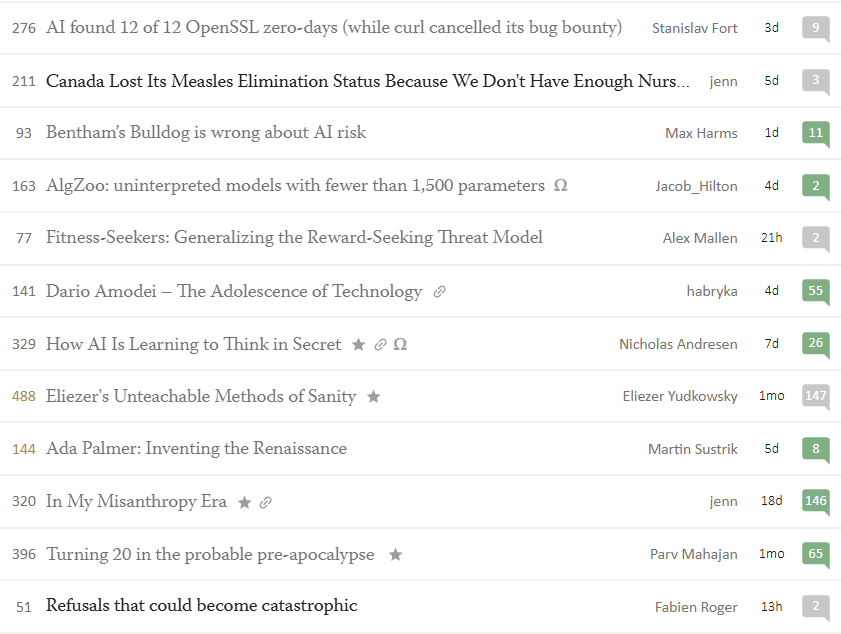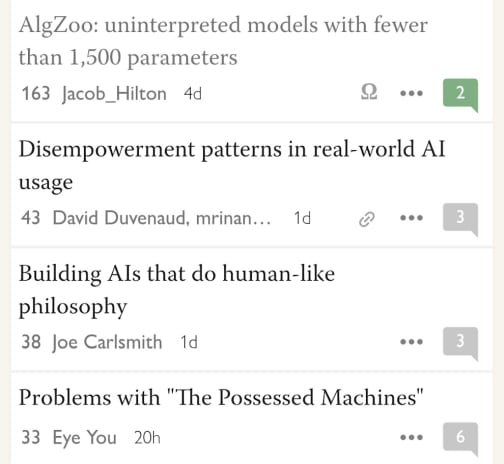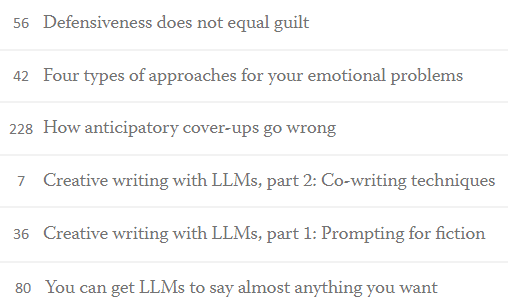Book summary: Unlocking the Emotional Brain
If the thesis in Unlocking the Emotional Brain (UtEB) is even half-right, it may be one of the most important books that I have read. Written by the psychotherapists Bruce Ecker, Robin Ticic and Laurel Hulley, it claims to offer a neuroscience-grounded, comprehensive model of how effective therapy works. In so doing, it also happens to formulate its theory in terms of belief updating, helping explain how the brain models the world and what kinds of techniques allow us to actually change our minds. Furthermore, if UtEB is correct, it also explains why rationalist techniques such as Internal Double Crux [1 2 3] work. UtEB’s premise is that much if not most of our behavior is driven by emotional learning. Intense emotions generate unconscious predictive models of how the world functions and what caused those emotions to occur. The brain then uses those models to guide our future behavior. Emotional issues and seemingly irrational behaviors are generated from implicit world-models (schemas) which have been formed in response to various external challenges. Each schema contains memories relating to times when the challenge has been encountered and mental structures describing both the problem and a solution to it. According to the authors, the key for updating such schemas involves a process of memory reconsolidation, originally identified in neuroscience. The emotional brain’s learnings are usually locked and not modifiable. However, once an emotional schema is activated, it is possible to simultaneously bring into awareness knowledge contradicting the active schema. When this happens, the information contained in the schema can be overwritten by the new knowledge. While I am not convinced that the authors are entirely right, many of the book’s claims definitely feel like they are pointing in the right direction. I will discuss some of my caveats and reservations after summarizing some of the book’s claims in general. I also consider its model in the light of an issu





If you skipped one coffee per day, you could save up enough cash to buy a galaxy!